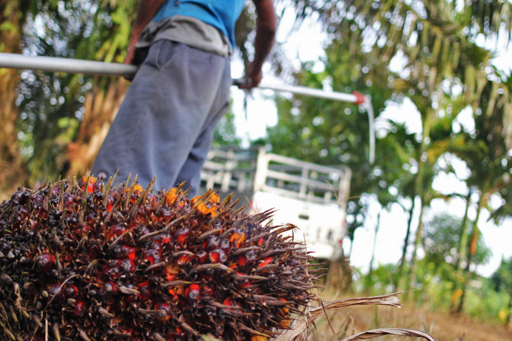- Indonesia’s current biofuel strategy relies heavily on expanding oil palm plantations to meet its B40 and upcoming B50 biodiesel mandates, which could cause up to $4.72 billion in environmental and social damage.
- A proposed alternative scenario by the NGO Madani Berkelanjutan calls for boosting yields from existing plantations and promoting community-based biofuel production using diverse feedstocks like used cooking oil and non-palm crops.
- This alternative model avoids deforestation and social conflict, supports rural economies, and could generate a higher net economic benefit of $37.1 billion, compared to $31.36 billion under the business-as-usual scenario.
- Researchers warn the country is nearing its ecological cap for oil palm plantations, urging a shift to intensification and diversification to prevent irreversible environmental harm.
archived (Wayback Machine)
You must log in or # to comment.


